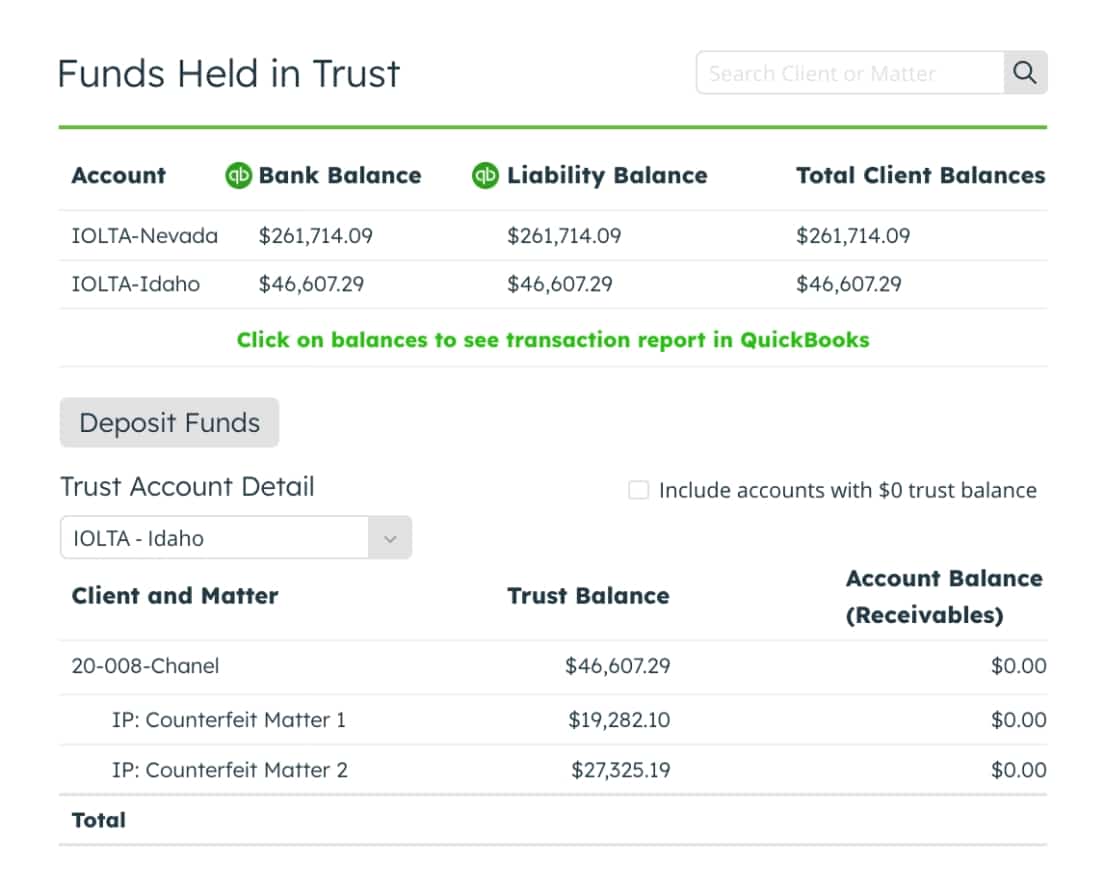
No one will argue that running a law firm is tough.
From document management to client management, every aspect of operating a successful and reputable legal practice is going to be fraught with challenges.
It will require competent firm administrators who know how to navigate such things as billing cycles, know how to get attorneys to put in their billable time and ensure that there is accuracy in every aspect of the accounting process.

Key Takeaways
- For a law firm to be successful, it’s important to purchase software that has the features that a firm needs…and not the things they may already have in place.
- Law firms no longer have to rely on one software vendor for all of their technology needs.
- Creating a customizable “tech stack” of various types of software will be ideal for a growing and modern law firm that is looking for long-term success…not only with clients but with their employees as well.
- Purchasing the best legal billing software for a growing firm is going to be a key part of a practice’s workflow.
One of the most challenging but also imperative parts of running this type of legal practice is when choosing what types of practice management software to implement into a firm.
Though the options seem to be endless these days, it is vitally important that a law firm spend adequate time assessing their needs and not purchasing software for law firms that claim to have features your firm doesn’t necessarily need…or perhaps already has in place.
Legal practice management software is not cheap.
Not only that, but the highly qualified staff at most legal practices don’t have the time or patience to navigate through a new practice management system when what they are already using (and are used to!) is working well for their workflow needs.
For these reasons – and many others – make sure you do a deep dive into what types of software systems your law firm already has in place before you begin implementing something new…even if the slick and sleek practice management software legal vendors try to convince you otherwise.
Want to take that deep dive? Then read on to discover what you need – and just as importantly what you don’t need – in order to run the most efficient law firm possible for everyone involved.

What Does “Legal Practice Management Software” Mean?
Legal practice management software is a broad term that is typically used in legal practices to define the technology that is used to allow law firms to manage their day-to-day workflows as well as their business operations within the actual law office.
Most of us who are legal professionals know what type of day-to-day workflow is typical in a law firm, regardless of its size, specialty, or location.
A typical law firm will have workflow that consists of matter management, document management, client accounts management, and a ton of other administrative tasks as well.

There will also be a huge workflow responsibility when it comes to the accounts receivable and general legal accounting needs as well.
From expense tracking and time tracking to client invoices and legal billing, all law firms big and small will need to pay close attention to the type of billing software legal firms choose to introduce, as it will make an enormous difference for not only their clients and staff, but the financial bottom line as well.
Trust is also a huge factor. Managing partners and firm administrators need to be able to trust that the software they are using is compliant, accurate, and has great support when they get stuck on a workflow issue – which unfortunately happens all the time.
The term, “legal practice management software” can encompass all of these various types of legal software needs.
But, in recent years it has become more apparent that the traditional product referred to as “legal practice management software” is no longer the best way for the majority of law firms to operate.
Why is this the case?

The Rise of the Alternative Law Practice Management Software
As our needs in the workplace (regardless of what type of business someone operates) continue to evolve and grow, technology has continued to keep up.
Gone are the days of bulky servers in every workplace and large mainframes taking up space.
Instead, most companies now use cloud-based software that allows for much more flexibility, security, and options when it comes to what types of software they want to utilize or introduce next.
Gone, too, are the days of relying on one software vendor for all of your technology needs.
This is more true in law firms than ever before.
Whereas in the past, the traditional, all-in-one law practice software systems were the only option for running a streamlined and successful practice, there are now different ways in which you can run your law firm seamlessly, while not having to implement expensive and intimidating all-in-one legal practice management systems in order to do so.
As more alternative ways of running your law practice have come onto the market, law firms have found themselves with more options than ever before.
And, for many law firms, keeping up with the everchanging enhancements and improvements to technology can often feel overwhelming and even intimidating.
Schedule a demo
For this reason, LeanLaw has created a simple and easy-to-understand alternative to the traditional all-in-one legal practice management software system.
How have we done this?
By being legal professionals ourselves who became frustrated and fed up with the same all-in-one practice management software systems making things more problematic than they were productive.
So what did we do?
We created something new.

LeanLaw…Legal Billing Software that Can Work Wonders for Your Firm
It’s true that running any small to mid-sized business can be tough.
From employee training and retention to figuring out how to accurately bill customers and clients, the enormous amount of tasks that go into business management can be overwhelming for even the most skilled managers.
Law firms are no exception to this.
Anyone in the legal profession knows that law firms have particularly unique, if not complex, billing needs.
Whether a small, mid-sized, or large firm, every legal practice that is in good standing with its state board will have a long list of accounting tasks that will have to be recognized and addressed.
Some of the most significant legal accounting tasks for a law firm of any size are:
- Tracking Time – An attorney and their support staff’s timekeeping is one of the most important parts of any law firm. It is the way that all the bills get paid.
Thus, this most basic function of every law firm must be a top priority for any legal billing software that you choose. Making sure that billable time is captured and recorded correctly will need to be a basic building block of your legal billing platform. - Offering Online Payments – As it becomes more the norm and not the exception to pay for items online, clients of legal firms are expecting the same service.
Gone are the days of having to mail invoices through the mail and wait for written checks to be sent back, sometimes weeks later.
And then, once a check arrived in the mail, they would have to make a trip to the bank to deposit it.
Clearly, this process can end up being pretty tedious and time-consuming for your already hard-working staff as well as your loyal, but busy clients.
Although the legal industry often still relies on traditional ways of doing things, the most modern and forward-thinking firms have begun to embrace technology like online payments to enhance the payment process. Having the right legal accounting software like LeanLaw will allow your practice to move forward as well. - Maintaining Client Accounts – Good legal billing software can not only help track client expenses and track billable hours, but it can also help make the entire invoicing process better.
From helping to customize invoices to helping to send invoices, legal billing software will not only bill clients and track time, but it will also make sure that each client is completely satisfied with the whole legal billing process and that there is total transparency in every legal billing software step that your practice conducts. - Expense Tracking & Compensation Tracking – Any law firm that consists of more than one lawyer is going to have a need to track each individual attorney’s expense reports as well as track their compensation.
The issue, though, is that no matter what size a practice, every law firm compensation model is going to be fairly complex and difficult to navigate, because of the complexities of practicing law.
Though there is no gold standard or best practice when creating a compensation model, having the right legal billing software can make a big difference in helping you to decide what needs to be tracked and how your firm is going to go about doing it.
Maintaining Correct Trust Accounting Protocol: Law firms must follow some very specific guidelines when it comes to their IOLTA accounts and other forms of trust accounting protocol.
Trust accounting is not to be taken lightly and it’s important that every law firm follows their state bar guidelines when they determine how their IOLTA account(s) will be handled.
But regardless of your state’s IOLTA protocol, good legal billing software will ensure that all of it gets reported correctly, timely, and in an accurate manner.
LeanLaw partners with QuickBooks Online to guarantee that all of your IOLTA bank accounts are always accurate by using three-way reconciliation to keep everything accurate and in real-time.
Not only that, but integrating LeanLaw and QuickBooks Online trust accounting software will help your firm stay in compliance with all industry practices and your specific state bar’s standards.

Ready to Learn More? Let LeanLaw Help Get You There
Now that you know more about what workflow tasks will need to be managed and tracked with legal billing software, let’s help you learn more about how LeanLaw can help you implement the right legal accounting system to best serve your practice’s needs.
Schedule a demo
Working in conjunction with QuickBooks Online, LeanLaw is the most dedicated legal billing software that’s on the market today.
Whether your firm is small, mid-sized, or large, based in a rural setting or a large city, or is a specialty practice or committed to general law, the LeanLaw legal software system is going to be able to pair with systems you already have in place.

By doing this, LeanLaw can bring your practice the most sophisticated and streamlined accounting program for your specific needs while still utilizing your others.
LeanLaw does this by creating a continuous and real-time workflow partnership across seven specific touchpoints:
- Matter Management and Matter Set-Ip
- Time Entry and Review
- Draft Invoice Review
- Invoice Delivery
- Payment
- Accounting Integration – (which includes Trust Accounting)
- Reporting of All Relevant Data
With a cloud-based software system like LeanLaw, the tasks that used to take days of back-and-forth communication and sharing, with software that wasn’t connected or cloud-based, can now take staff members minutes to complete.
And…these tasks can be done anywhere that an internet connection is available.
This type of ease and efficiency will not only make for accurate bookkeeping and highly compliant accounts, but it also means that staff morale will be higher and turnover will be less.
It also means that clients will view your law firm in a positive light since their invoices will be easy to understand and even easier to pay.
If you want to get a hands-on idea of what exactly LeanLaw can do for your law firm, request a free demo today.
Once you complete the online form, one of our highly regarded and well-skilled tech experts will reach out to you for more information and begin the process of showing you how LeanLaw can immediately begin to improve your billing efficiency and increase your firm’s profitability as soon as it’s integrated into your law practice software system.
It’s time to start working smarter and not harder. Let LeanLaw show you how.





